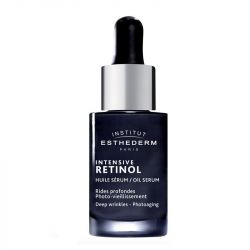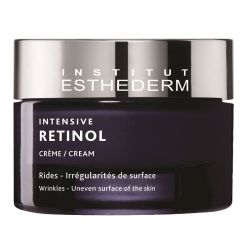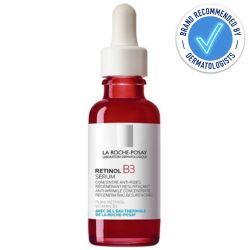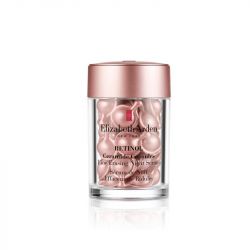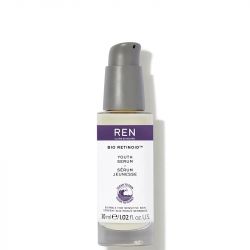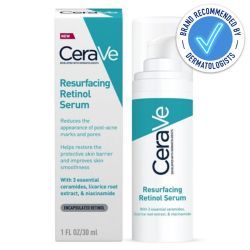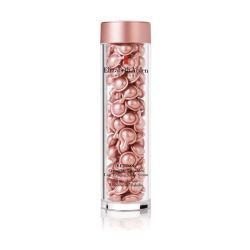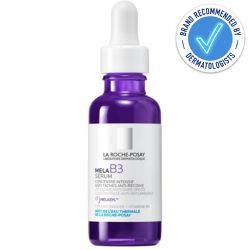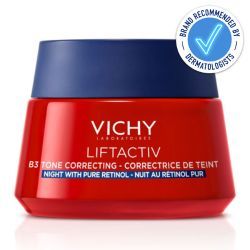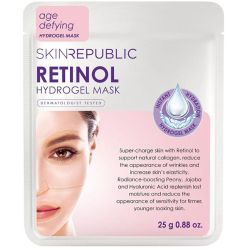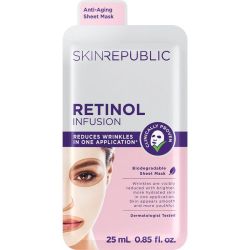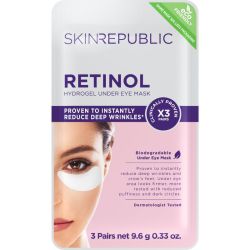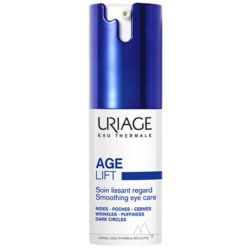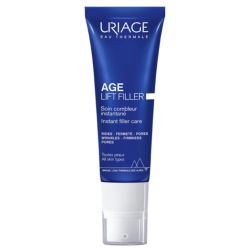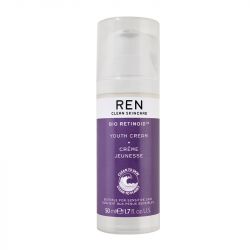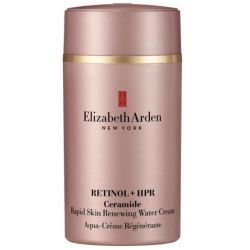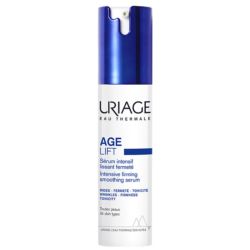Retinol Serums & Moisturisers
Explore our range of the best retinol skincare products including day creams, serums, and eye creams. Retinol treatments help to stimulate collagen production and skin cell renewal, making them a great anti-aging addition to your routine. With continued use, retinol treatments leave you with fresh, bright and plump skin. Retinol is best known for treating anti-aging concerns, dark spots, clogged pores, acne scars, enlarged pores, skin texture and dullness. Find the perfect retinol treatment for your skin here.
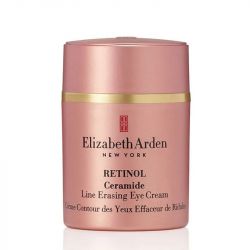 Elizabeth Arden Retinol Ceramide Line Erasing Eye Cream 15mlSpecial Price £44.80 Regular Price £56.00
Elizabeth Arden Retinol Ceramide Line Erasing Eye Cream 15mlSpecial Price £44.80 Regular Price £56.00- La Roche-Posay Mela B3 Anti-Dark Spots and Hyperpigmentation Serum 30mlSpecial Price £36.00 Regular Price £48.00
- Elizabeth Arden Retinol + HPR Ceramide Water Cream 50mlSpecial Price £61.60 Regular Price £77.00Out of stock
- Uriage Age Lift Intensive Firming Smoothing Serum 30mlSpecial Price £27.80 Regular Price £34.75Out of stock
All you need to know about Retinol
Can you use Retinol every day?
Retinol treatments can be used everyday but it is important that you slowly build up your skin’s tolerance first. For beginners, using retinol products everyday is something that your skin needs to adjust to, to avoid irritating your skin’s natural protective barrier. Normal signs of your skin getting used to retinol (often referred to as the ‘retinol purge’) can include temporary breakouts, dryness, itchiness and redness. If you are a beginner, using a pea sized amount of retinol with a low concentration (0.25% - 1%), once or twice a week is a good place to start. Once your skin has become used to retinol you can begin to use it more often.
What age should you start using Retinol?
Ideally, the best age to start using retinol is your mid-20’s. This is commonly the age that our collagen and elastin production begins to slow down, and our skin can begin to reap the benefits of anti-aging retinol. However, there is no set age as to when retinol treatments as there are so many other benefits to them besides anti-aging. For example, retinol can be great for treating acne in teenagers, or for people who want more even skin etc.
Can you use Retinol and Vitamin C together?
Yes, you can use both retinol and vitamin c in your skincare routine, but it is important to avoid using them at the same time. They are potent ingredients with different pH levels which can irritate your skin when used together. However, you can still benefit from both ingredients by using retinol at night to avoid skin sensitivity to the sun, and vitamin c in the day to prevent damage from free radicals.

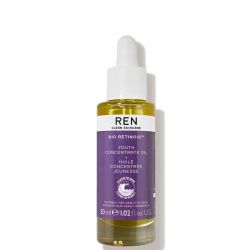
![La Roche-Posay Redermic [R] 30ml](https://www.landyschemist.com/media/catalog/product/cache/0257ac62a7e95cc9ca9e6f3bf21b79bd/l/a/la-roche-posay-redermic-r-30ml-is-recommended-by-dermatologists.jpg)
![La Roche-Posay Redermic [R] Eyes 15ml](https://www.landyschemist.com/media/catalog/product/cache/0257ac62a7e95cc9ca9e6f3bf21b79bd/l/a/la-roche-posay-redermic-r-eyes-15ml-is-recommended-by-dermatologists.jpg)
